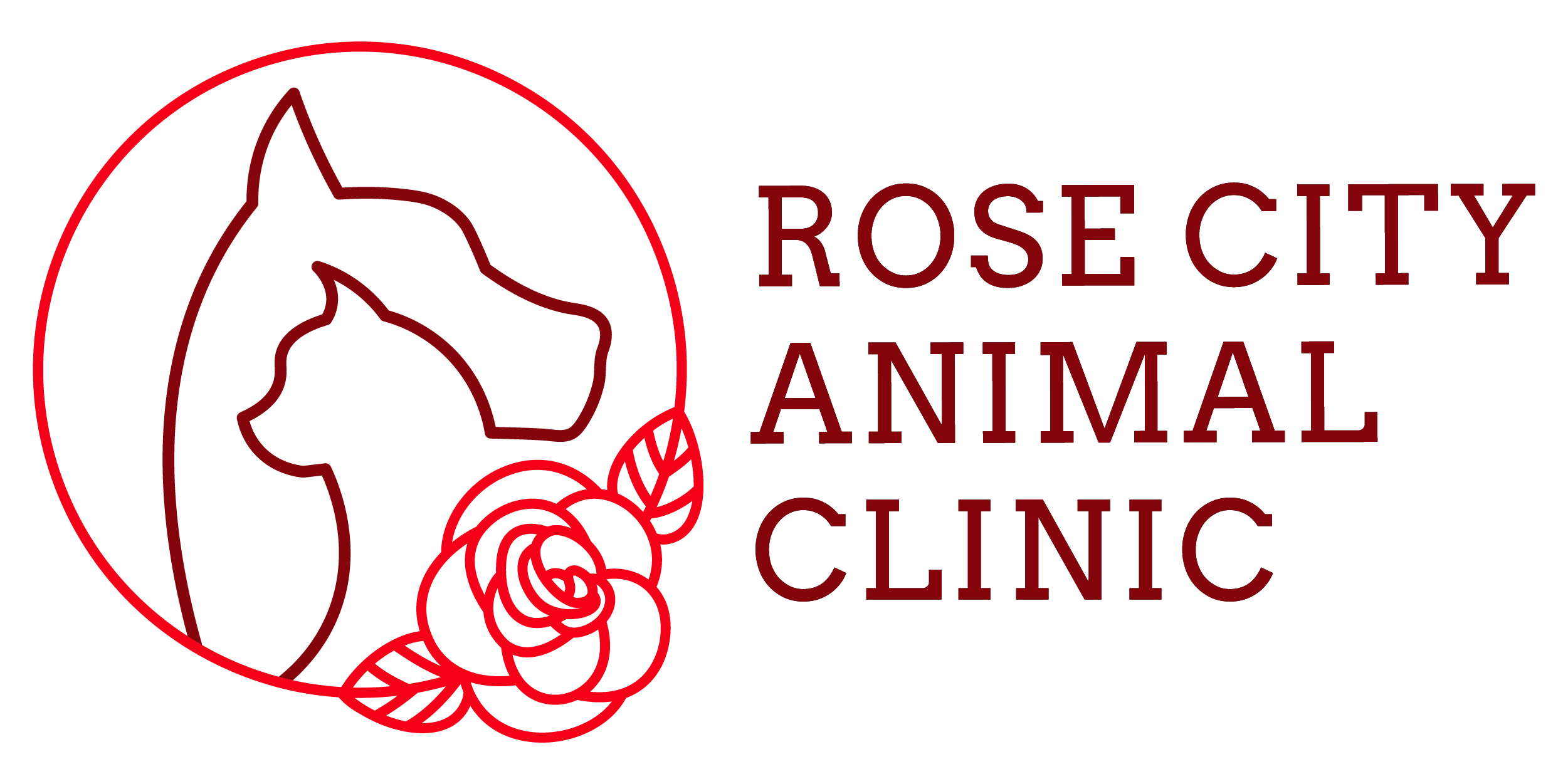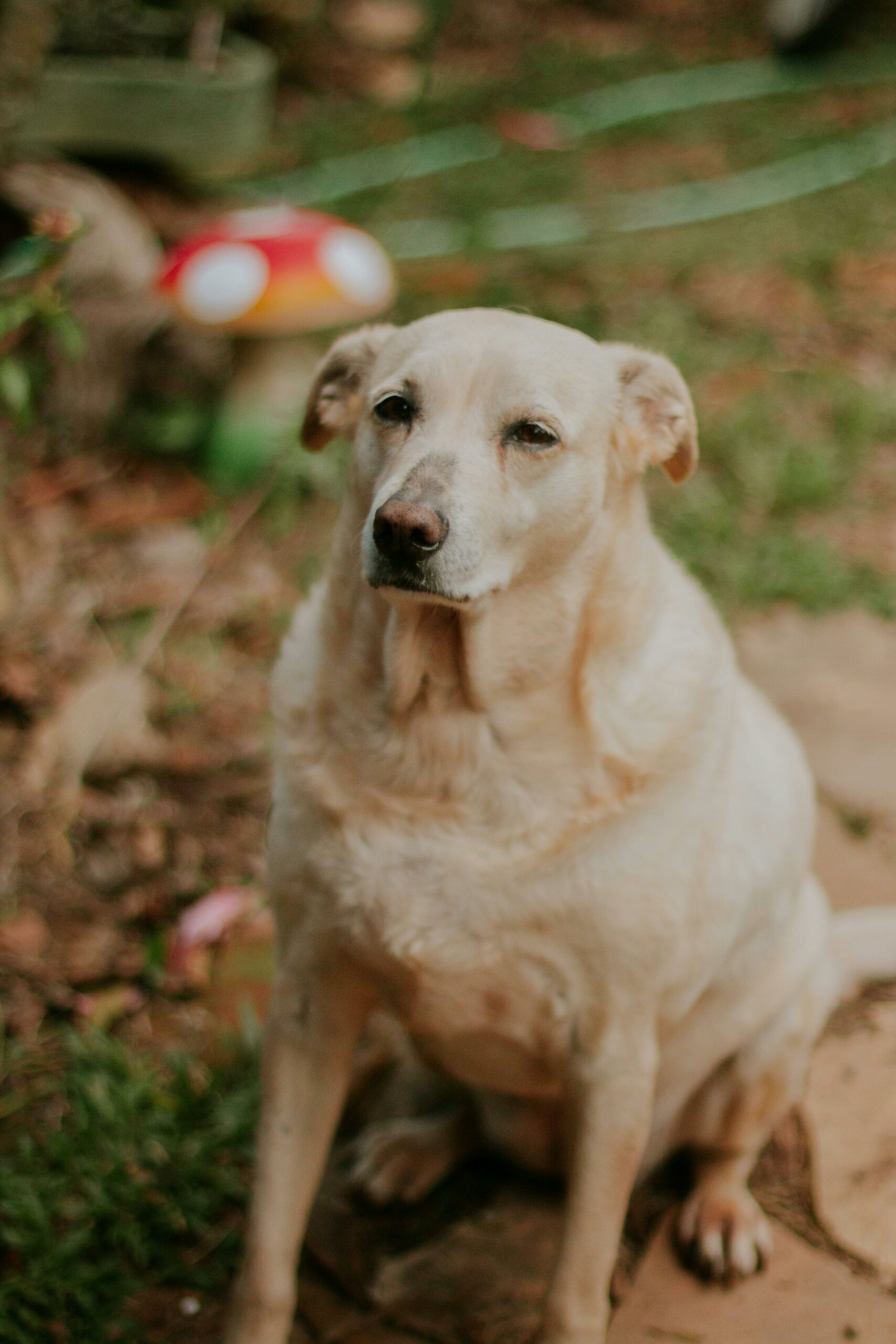It’s more common than you think for pet owners to overlook their pet’s weight! It’s so common that over 80% of the pets we see in our clinic are overweight. We have to admit that this isn’t always an easy thing for pet parents to hear. But, it is an important conversation we are willing to get uncomfortable having for the sake of your pet’s health. We all love handing out a few extra treats, but helping your pet maintain a healthy weight is essential to their overall holistic health.
In this blog you’ll find everything you need to know to make successful decisions about your pet’s weight and weight management.
Here’s how to know if your pet has a healthy weight:
- You can easily feel their ribs under a slight layer of fat.
- Dogs and cats should visabally be smaller behind the ribs than their chest.
- You should be able to point out their waist when looking from above.
- Your pet should be able to go for walks without needing to slow down or pant heavily.
- Think of an hourglass body shape. That is what we are going for!
If your pet is at a healthy weight, you can help them maintain this by being mindful of the foods they intake and the amount of exercise they regularly get. As always, if you have any questions about the state of your pet’s weight, what they should be eating, how they should be exercising, reach out to us!
If you’re considering switching the food your pet eats, look for quality animal byproducts such as organ meats and entrails. It’s important to know that what your pet needs will vary based on their age and size. For example, it’s more common for larger pets to have musculoskeletal problems. This means your big furry friend could benefit from specific nutrients that can help them optimize their health where they need it. Finding the best diet for your pet boils down to having a conversation with your vet! They know your pet and can help you determine what is best for their long-term health.
If you’re considered your pet is overweight, here’s what to look for:
- You can’t feel their ribs under their fat.
- Their stomach sags.
- They have a flat and broad back.
- You can’t point out their waist.
- They have a hard time exercising.
As much as you might want to hand out a few extra table scraps to your four-legged friend, keep in mind the food that you are feeding them, might not be made for them. (Hello, diarrhea and pancreatitis!) Although it’s fun to feel like you’re ‘treating’ your pet, certain types of human food that your pet loves can quickly cause them to become overweight and eventually lead to a variety of long-term health risks.
Here are some of the health factors that can be a result of overweight pets:
- Osteoarthritis
- Insulin resistance
- Type 2 Diabetes
- High Blood Pressure
- Knee injuries
- Heart and Respiratory Disease
- Kidney Disease
- Cancer
- Shorted life expectancy
If your pet is overweight, don’t panic! There are a variety of things you can do to help your pet get back to a healthy weight range. Our best recommendation, and where you should start, is with your pet’s diet and exercise routines.
As you’re gearing up for your pet’s next check-up, keep track of their routines so that you can talk to your vet about them. Your vet is the best resource you can utilize when you’re trying to help get your pet to a healthy weight, or keep your pet at a healthy weight.
When you need your questions answered, give us a call, or come see us! We’re happy to help your pet live their fullest life.




